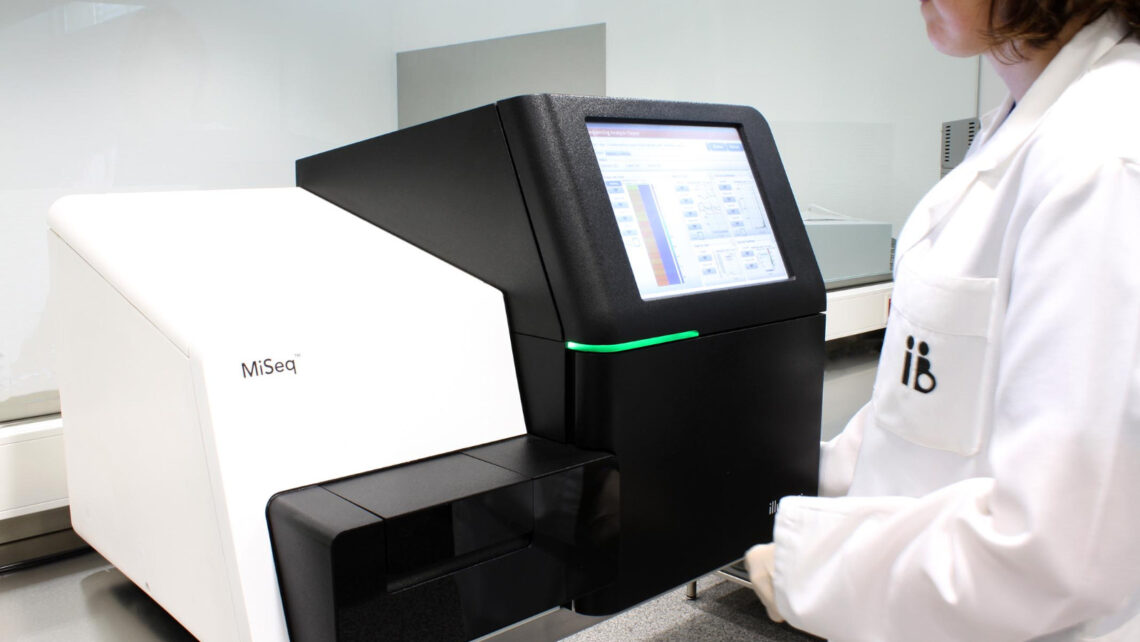
Why is it important for parents and donors to have a GCT (genetic compatibility test)?
Hereditary disorders (disorders that are transmitted from parents to offspring) include a group of disorders known as autosomal recessive disorders. Disorders of this kind are uncommon. However, they do tend to be rather serious. Indeed, they are the reason why a significant number of children end up in hospital or even die. In recessive disorders, people who have just a single copy of a mutated gene (carriers) do not develop the illness. That is, both copies of the gene need to be muted (affected by the disorder) in order for the disorder to emerge. Therefore, when both parents are carriers of a given disorder, there is a 25% chance of their children inheriting two mutated copies and, as a result, having the disorder.
There is a genetic test (GCT or genetic compatibility test) that can help minimise the risk of transmitting these disorders. This test needs to be done before conceiving. In other words, before the parents decide to have a child (whether naturally or with assisted reproduction techniques), they need to have the test in order to check if their genomes contain mutations in the same genes. This genetic test is also known as genetic screening for recessive disorders and it is based on the latest in DNA sequencing technology known as NGS (next generation sequencing).
Índice
Does Instituto Bernabeu perform genetic compatibility tests (GCT) on ova and semen donors?
At Instituto Bernabeu, all gamete donors undergo a genetic compatibility test. The aim is to identify the disorders they carry. In other words, in addition to blood group and physical characteristics, the criteria for selecting a male or female donor include assigning a donor who is genetically compatible. That is, a donor who does not have the same mutated genes as the male or female patient. We estimate that around 6% of initial donor selections are later ruled out when a genetic mutation that the future child could potentially inherit is detected. That is, in cases such as these, a new, genetically-compatible donor is assigned immediately.
Does Instituto Bernabeu recommend that couples who undergo assisted reproduction have a genetic compatibility test (GCT)?
Following a GCT, the estimated risk of a child being born with a disorder decreases from between 0.5 and 1 in every 100 to 1 in every 40,000 to 50,000 births. For this reason, we recommend that couples who are due to undergo assisted reproduction treatment involving egg or semen donation have a GCT in order to reduce the risk of transmitting hereditary disorders.
Dr. José A. Ortiz, biochemist of Instituto Bernabeu
MORE RELATED INFORMATION
- GCT: Genetic compatibility test
- You can avoid passing hereditary diseases on to your children by taking the GCT (Genetic Compatibility Test)
- The 600 recessive disorders detected by the Genetic Compatibility Test (GCT)
- Specialised healthcare in the Instituto Bernabeu endometriosis unit
